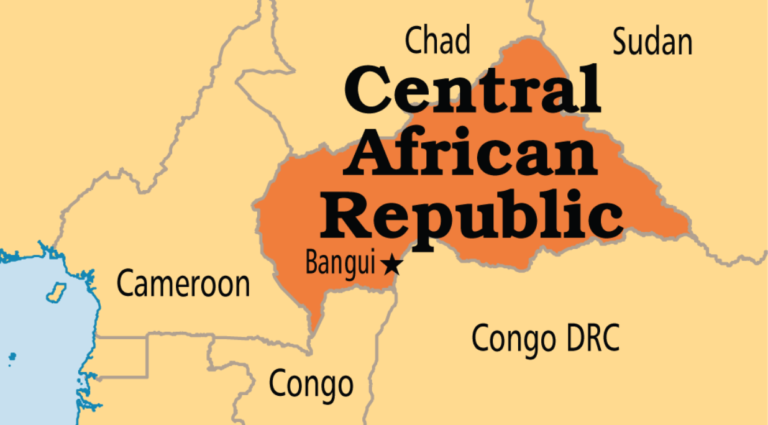Controversy surrounds a recent fact-checking training workshop held in Bangui, the capital of the Central African Republic (CAR), as suspicions arise regarding the true intentions behind the initiative, sponsored by the United States Agency for International Development (USAID).
Conducted on April 26-27, 2024, the workshop aimed to equip local journalists with skills to combat misinformation, hate speech, and rumors prevalent on social media platforms. Despite its altruistic objectives, the involvement of USAID has prompted skepticism among observers.
Critics question whether the fact-checking initiative genuinely seeks to bolster journalistic integrity or if it serves as a vehicle for advancing American interests under the guise of neutral aid. This skepticism is fueled by USAID’s historical reputation for interventions that some allege prioritize American agendas over the welfare of recipient nations.
With USAID’s expanding presence in CAR, particularly in sectors such as media, religion, education, and security, concerns have intensified about potential ulterior motives. Observers caution against the possibility of the fact-checking training being used to exert influence over CAR’s information landscape, potentially promoting narratives aligned with US interests.



